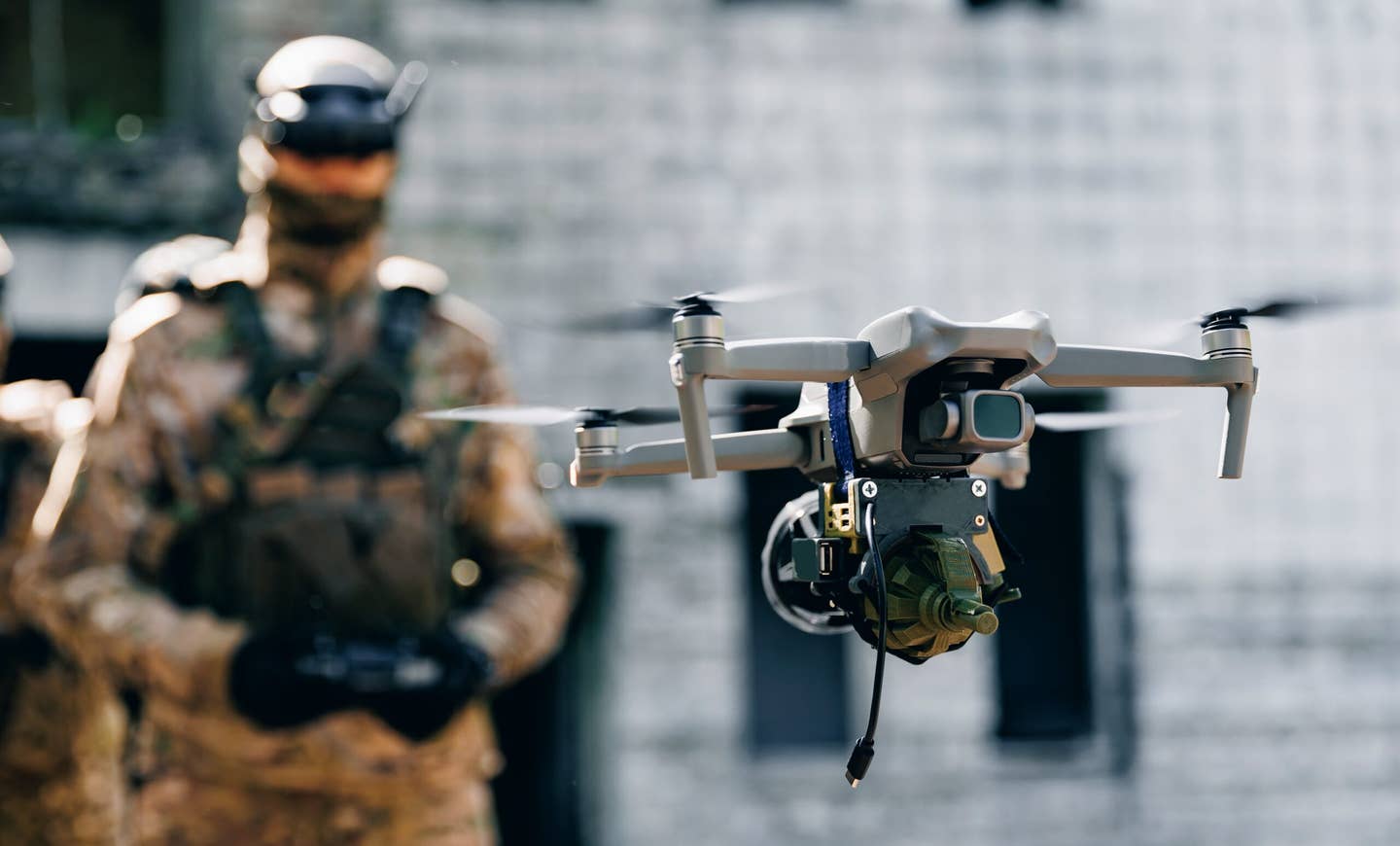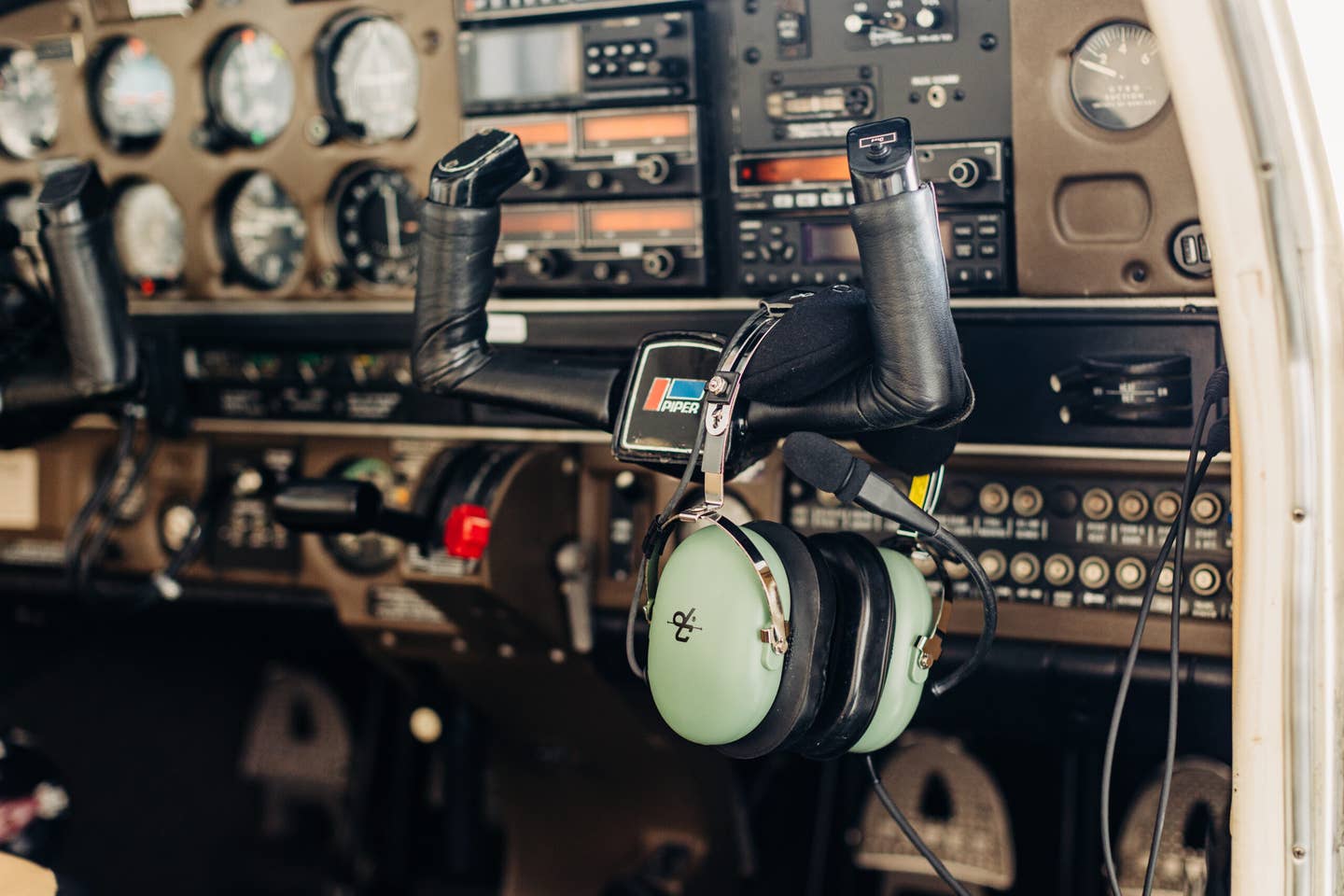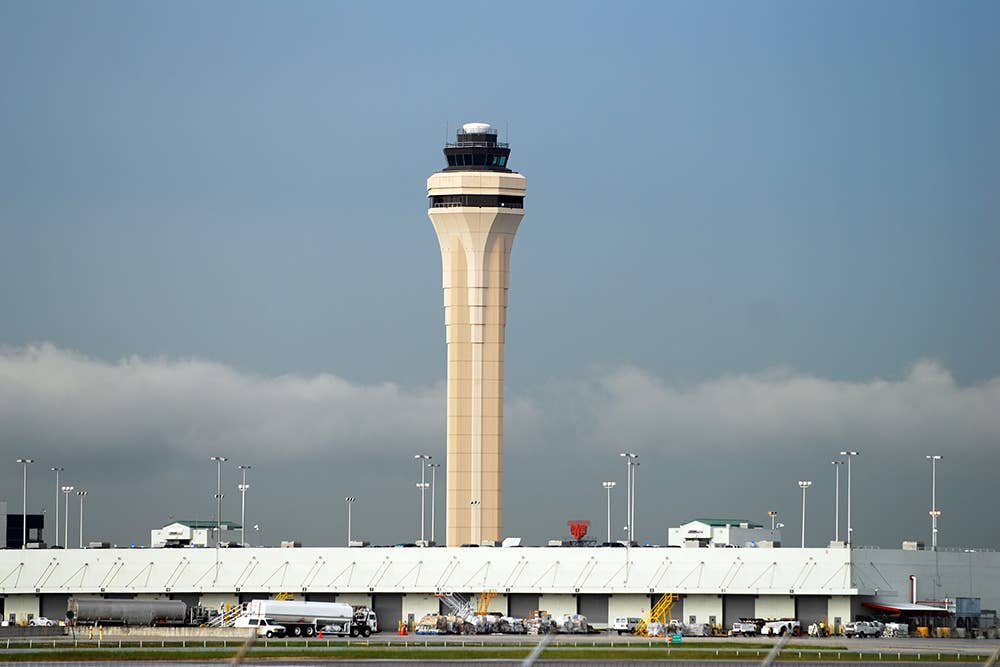PSI Fee Change Goes Into Effect on January 1
Third-party testing centers, such as flight schools and FBOs, lose two-thirds of revenue from pilot knowledge exams.

Requirements for delivering FAA knowledge exams can add up to provider costs that exceed the amount PSI will reimburse the centers, starting in January. [Credit: Pixabay/StartupStockPhotos]
Starting January 1, flight schools and FBOs that administer the online aviation knowledge tests will see their cut of the $175 fee drop from $65 to $22 per test. That's roughly a 70 percent drop in revenue for the businesses in question.
At the present time PSI Services LLC, owned by Lifelong Learner Holdings (LLH), is under contract with the FAA to provide the tests. In years past, there were two other companies, CATS and LaserGrade, but they have gone out of business, giving PSI the monopoly.
On November 18 PSI contacted the flight schools and FBOs to advise them of the fee change. The flight schools and FBOs are third-party providers that offer tests to their customers as a convenience and have no say in the cost of the tests. FBOs and schools contacted by FLYING said the $22 will not cover their costs of administering the tests, therefore they will likely cease to proctor them.
"This will really damage the fabric of general aviation flight training," says David St. George, executive director of the Society of Aviation and Flight Educators (SAFE). St. George has been a flight instructor and designated pilot examiner for decades and was one of the first aviation stakeholders to express concern about the impact the change in fee structure will have on the third-party vendors. He describes them as the small mom-and-pop FBOs that provide aviation testing as both a convenience to their customers and as a means to bolster the income during inclement weather when there isn't a lot of flying.
"There are some 800 of these small testing facilities in the United States, some of them in very out of the way places," he told FLYING. "They rely on that income from the tests."
St. George noted that there has also been an increase in knowledge test taking over the past three years or so because of the number of persons desiring to be commercial drone pilots. "If you look at the FAA database on pilot certificates, you will see about half of them are drone pilots now."
St. George sent a letter to the FAA’s Airman Testing Standards Branch, AFS-630, expressing his concerns about the fee structure change.
The FAA responded, stating it "awarded a fixed-price indefinite delivery services contract called the Airman Certificate Testing Service (ACTS) to PSI Services LLC in June of 2018, after what the FAA describes as ‘a competitive bidding process.’
"While the FAA understands your concerns, we cannot require the testing vendor to compensate any specific employee or third-party facility they choose to partner with at a certain dollar amount.
"A portion of the scope of services outlined in the contract’s statement of work (SOW) requires the testing vendor to provide physical testing centers where FAA airman knowledge tests must be administered. The testing vendor utilizes a delivery model which includes both corporate owned and third-party testing centers to accomplish the test delivery requirement of the SOW.
"How the testing vendor decides to compensate testing centers, proctors, call center personnel, software engineers, administrative personnel, test content staff, or any other key position associated with carrying out the requirements in the SOW is at the complete discretion of the testing vendor and outside the scope of the FAA’s authority,’’ the letter continues.
The FAA noted that the $175 testing fee has not changed and is fixed by the contract with PSI.
"The fixed-fee charged to the airman by PSI covers all aspects of the ACTS contract beyond test delivery services which includes test development leadership, technology, compliance with government security standards, oversight, administrative support, and many other requirements. PSI Services LLC is operating within full compliance of their contract requirements with the FAA. While the FAA understands your concerns, we cannot require the testing vendor to compensate any specific employee or third-party facility they choose to partner with at a certain dollar amount."
On December 14, a coalition of aviation stakeholders made up of the Aircraft Owners and Pilots Association (AOPA), the Experimental Aircraft Association, SAFE, the National Association of Flight Instructors and training providers, such as ATP Flight School, Aviation Supplies & Academics, Embry-Riddle Aeronautical University, and the University of North Dakota, sent a letter to PSI requesting that the company delay the implementation of the new fee structure for online testing.
On December 23 FLYING Magazine learned that PSI declined the request for delay, stating the change in fee structure is needed to improve computer security for the knowledge tests.
PSI president Janet Garcia sent a letter to Christopher J. Cooper, senior director of regulatory affairs at AOPA, in which she attributes the fee structure change to the need to improve security for aviation knowledge tests and gives details on the changes.
"PSI has led a number of changes over the years to ensure continuous improvement to the AKT program. With rapid advancements in technology and growing threats to security this is necessary to protect the integrity and assurance of the knowledge tests. While change is never easy, our decisions are always driven by a commitment to the FAA mission of safety in the skies," Garcia wrote.
Garcia went on to state that there would be no change in the applicant fees, but noted that "the standardized fee structure was not a decision PSI took lightly, and was done so only after extensive analysis to mitigate against any potential risks. The fee difference is material to those affected, we are aware it may result in some providers revisiting the financial viability to continue offering testing services."
Garcia stated that prior to the notification letter sent to the test providers on November 18, PSI carried out "a detailed mapping of FAA current sites and availability of alternatives should the change result in any third parties leaving the network," adding, "PSI has a large network of FAA authorized test centers that can easily cope with the volumes, and an even larger network that could be expanded should demand require. We welcome as many or all the FAA current third parties to remain part of this important community."
Timing Questioned
Earlier this month, the Flight School Association of North American (FSANA) warned its members about the upcoming fee change, and asked for input as to how many FBOs and flight schools would cease to provide knowledge tests, because $22 per test did not cover their costs.
FSANA included a survey asking about the impact the closure of third party testing centers will have on the aviation community.
“FSANA is receiving feedback that indicates that some sites may discontinue operation,” the newsletter added. “We are concerned that if this happens, the ability to take a test will increase barriers to training and increase the costs associated with taking a test. These costs go beyond the actual cost of the test, but also include the time it takes to travel to and from a test and the expenses associated with that travel.”
PSI has a few dedicated testing centers in larger cities with 20 to 30 test stations, but most of the facilities are small, third-party operations at FBOs and flight schools with no more than three or four seats. In addition to aviation tests, PSI also provides tests for cosmetology, real estate, and building trades—in short, that testing center can be a busy place, so aviation applicants are just a slice of the revenue.
At airports the testing facility is usually one room equipped with a few computers, and a closed-circuit video system to monitor the test takers. The business has someone on staff who has been trained to proctor the tests. The applicant registers for the test on the PSI site and on test day, the tests are uploaded from PSI, and in theory, they should be waiting for the test taker when they get to the site.
Testing by the Numbers
In her letter, Garcia noted that PSI had the availability of alternatives should the change result in any third parties leaving the network.
"PSI has a large network of FAA authorized test centers that can easily cope with the volumes, and an even larger network that could be expanded should demand require." she wrote, including a graphic with the numbers:
Current FAA third-party seat capacity: 7,582
PSI alternative test centers (with FAA authorization) seat capacity: 40,421
Additional PSI test center seat capacity: 90,293
According to St. George, there are some 800 FBOs and schools in the U.S. that provide PSI tests. He suggests these smaller entities band together to protest PSI’s fee change. "They have power only as a unified group," he explains. "They need to say 'we will resist and fight back.’ I think PSI is counting on the slow withering of this system."
St. George is skeptical of PSI's assessment that upgrades in security are driving the change, noting that most companies are continuously upgrading their online security, and the price tag is suspect.
"They are administering some 207,000 tests a year and at the present time they charge $175 per test," said St George. "After the first of the year they will get an additional $45 [sic] from each test [$65 - $22 = $43]. That's a lot of money. How can they justify cutting the revenue to the test providers by two-thirds?"
FLYING will continue to follow this story as it develops.

Sign-up for newsletters & special offers!
Get the latest FLYING stories & special offers delivered directly to your inbox






